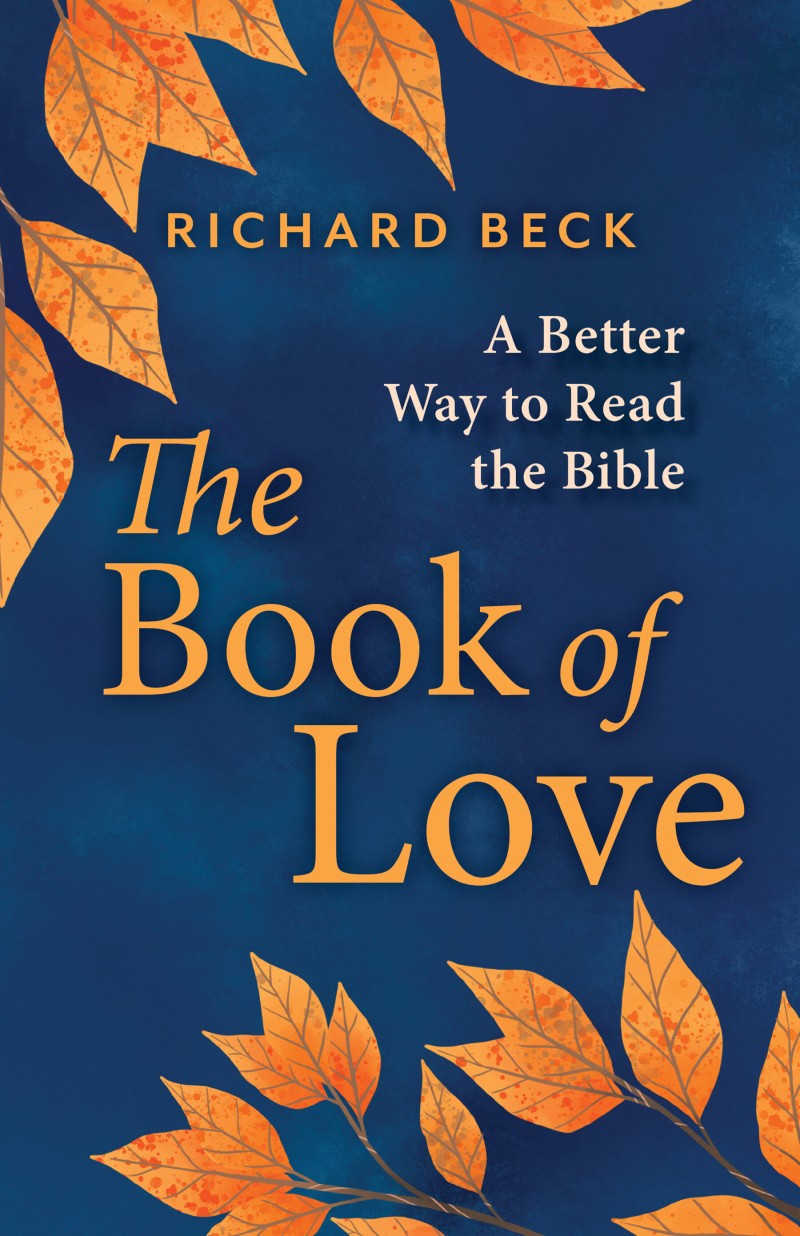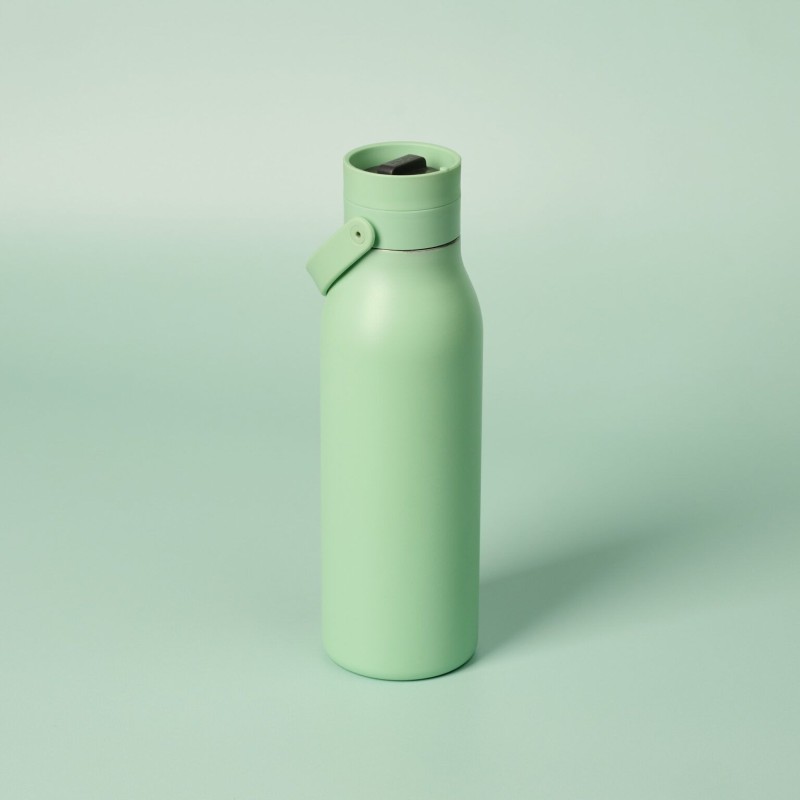How to Find Hope (after sexual abuse)

Surviving God is an important and unique book that addresses the often ‘swept under the carpet’ issues of both sexual abuse within religion, but also how people who have been abused reconcile what happened to them, with their faith.
What smacks of religious abuse is that after it happens, the one person (apart from perhaps a relative) that you should be able to confide in – is the very person who has committed the act. And even praying to God may become difficult.
This book by two theologians (both survivors themselves) show that the way to healing is to break the ‘official way of thinking about God’ as a ‘man up there’ who judges others, rather than the ‘real God’ whose love and justice is at the heart of the Gospel. Learning to think in new ways on God, will also help to stop such abuses and cover-ups.
We both survived childhood sexual abuse. We also survived the God of our childhood churches. Later we learned that God doesn’t cause or want any kind of abuse. Rather, God suffers and survives with us.
Rev. Dr Grace Ji-Sun Kim is a professor of theology and an ordained minister in Bethlehem, Pennsylvania (USA). Rev. Dr Susan M Shaw is a professor of women’s studies at Oregon State University and an ordained minister in Oregon, USA.
For anyone longing for an understanding of God beyond the toxic and abusive theologies of the patriarchy – this book is for you. Rev. Rebecca Todd Peter
How to Prevent and Survive Sexual Abuse
Those of us who have never experienced sexual abuse, could never imagine the scars that it must leave, whether that’s abuse by family members, teachers or priests.
Also read our post on help for domestic abuse (includes how to help children and pets).
Why Do People Sexually Abuse Others?
Psychologists say that the main reasons are control (feeling powerful, selfishness and obviously some people are just sociopaths. An interesting finding is that paedophiles tend to also be interested in adults, suggesting that the abuse is more to do with being able to control a child, rather than the age factor alone.
Another aspect could be living in a society where it’s deemed acceptable. Look at the Epstein scandal. Many people involved have not been brought to justice, and the victims themselves (including Virginie Giuffre who was abused from age 17 and recently committed suicide) have received more negative publicity, than those who abused her).
Despite her death, Virginie has left a huge legacy: Soar (speak out, act, reclaim) is a worldwide organisation to help people being abused to get their lives back. She showed tremendous courage standing up to some of the most powerful men on earth.
Does Childhood Experiences Create Abusers?
This is the old chestnut, and no doubt can have an effect (child psychologists say that someone growing up say with domestic violence, will find it difficult to talk of intense emotions, and that can lead to controlling behaviour).
But of course, the opposite is also true. Many people who have been sexually abused as children, go on to help other children, when they become adults. Due to huge empathy, having gone through the same.
Three well-known people all talked openly about their sexual abuse as children:
Alan Davies (the comedian who starred in Jonathan Creek and is a regular panellist on QI), was abused by his father after his mother died. Yet only told the police when he was 51 (his father had by then developed dementia, though the CPS believed him).
Tony Slattery was a wonderfully funny comedian about 30 years ago, before disappearing from view, due to mental health and alcohol problems (he was fortunate enough to live in a happy relationship for all that time). But shortly before his death from a heart attack, he confided that his problems stemmed from being raped by a priest, when he was just 8 years old.
Terry Hall (singer in The Specials and Fun Boy 3) was abducted by a teacher on a trip to France. Age 12, he 12, he ended up a in paedophile ring. After being rescued, he was medicated as a teenager, which led to depression and a suicide attempt. Before dying from cancer in his 60s.
Does the Media Encourage Abuse?
No doubt it doesn’t want to. But if you create programs obsessed over sex and violence, it’s obvious it will filter into daily life. What would happen, if all the female actresses simply refused to appear as ‘victims of rape and murder?’ What would the program makers do then? They’d simply have to change the script. The charge rate of adult rape cases is just 3%.
I tell you what is awful. The obligatory appearance of the tortured women, the raped women, the murdered woman. Jesus, God. It gets worse and worse and worse. John Nettles
How to Recognize Signs of Sexual Abuse
Recognizing abuse early can save lives. Physical and emotional signs of abuse include:
- Unexplained injuries and bruises
- Difficulty walking or sitting
- Sudden withdrawal & anxiety
- Bedwetting, drops in school performance
- Fear, depression or anger
- Secrecy, avoidance of people & places
- Fear of being left alone with someone
Finding Help After Sexual Assault
- NHS has good advice for this emotive subject. There are many resources to help (for both victim support and sexually transmitted disease tests), and no matter who has assaulted you, it is always a crime.
- SARCS (sexual assault referral centres) are nationwide and available for anyone (including male rape victims) to offer crisis care, medical/forensic examinations and testing. You can also use this service to speak to a specially-trained police officer, who can support you during any trial that takes place.
- Rape Crisis offers help and support (online or call for up to 40 minutes).
- The Bridge offers help for people of any age, gender or sexual orientation, to support and heal you from abuse, whether it happened today or years ago.
- SARSAS offers a free helpline and online chat, plus free resources.
- Safeline (includes a male survivor helpline)
- NAPAC offers a helpline for adults, who are recovering from childhood abuse.
- Lucy Faithfull Foundation (named after a social worker who worked to stop abuse) has a helpline for concerned parents, and works to stop abuse, before it happens.
- Shore is a ‘safe space’ for teenagers worried about sexual behaviour.
Read this excellent article on healing after sexual abuse by Jeremy Sachs, one of many excellent therapists recommended at Counselling Directory.
Is The Catholic Church Now Acting?
Decades after the sexual abuse scandals in the Catholic Church came to light, still not enough is being done. Some priests are still being ‘parachuted’ into new areas when known to be abusive.
One abuse victim has offered rules that should be implemented immediately by Pope Francis and the Vatican. Beyond just saying sorry and preaching forgiveness. These include:
- Levying harsh penalties (including excommunication) against abusers.
- Insist each diocese and religious order turn over records of suspected abusers.
- Demote or fire Vatican staff who have concealed known or suspected abusers (so far, this has only be done for a handful of bishops, letting others ‘quietly retire or resign’).






